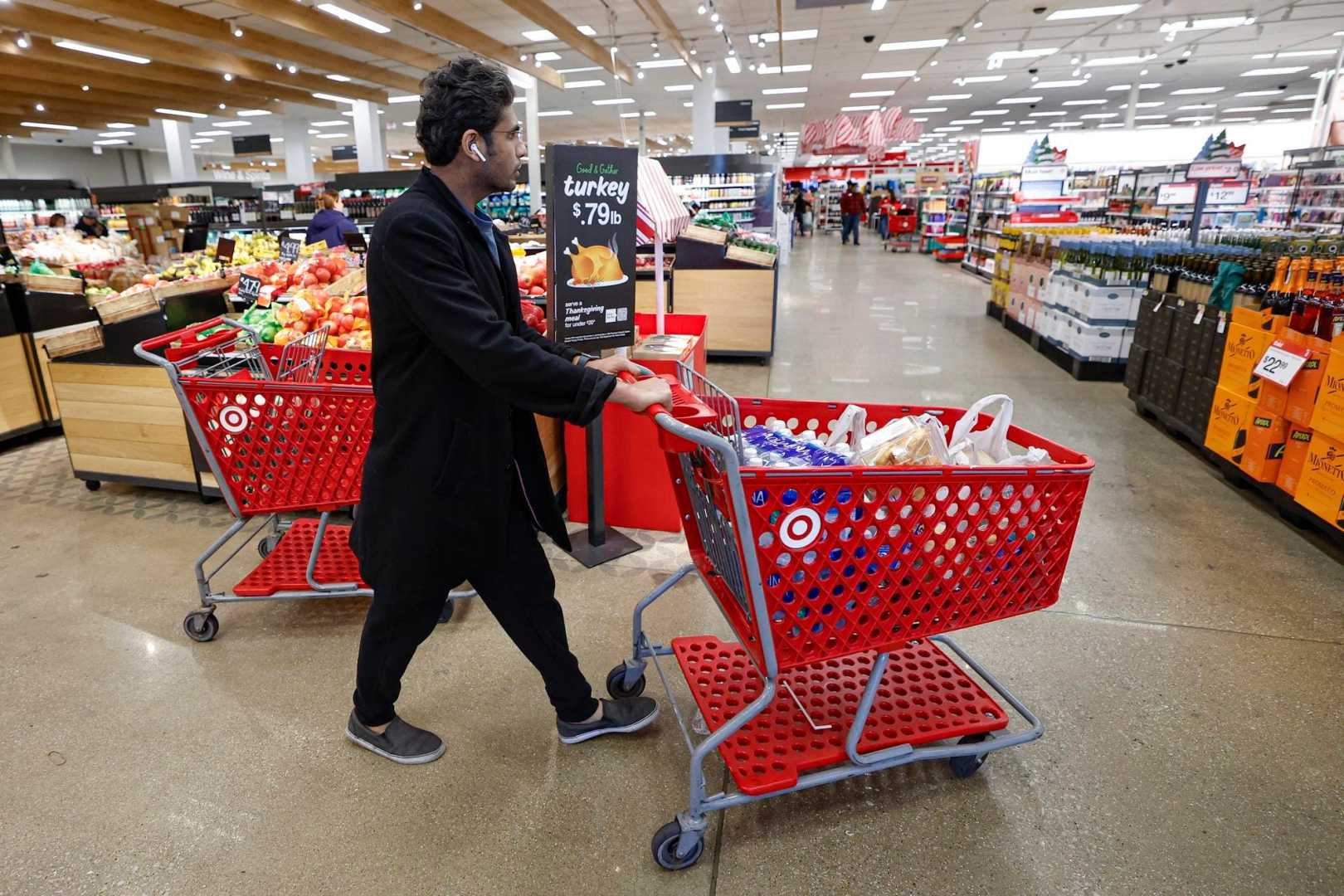Business
Target Faces Declining Foot Traffic Amid DEI Backlash and Tariff Concerns

MINNEAPOLIS, Minn. — Target Corp. is experiencing a worrying trend as foot traffic at its stores has dropped for the eighth consecutive week, coinciding with changes to its diversity, equity, and inclusion (DEI) program that began in late January. The decline in visitors is a significant concern for the retailer and was first noted following the company’s announcement regarding the overhaul of its DEI initiatives.
Data from Placer.ai reveals a year-over-year decrease in foot traffic of 5.7% for the week starting March 17, contributing to an average decline of 6.2% over the last two months. Target’s decision to alter its DEI approach has been divisive, reflecting a potential shift in the brand’s investment in diversity efforts that previously distinguished it in the marketplace.
In response to Target’s changes, a social media movement initiated a campaign for an economic blackout on February 28, encouraging consumers to boycott the retailer and others who made similar adjustments. On that day, Target’s foot traffic saw significant reductions compared to last year. Pastor Jamal Bryant also launched a campaign, TargetFast.org, urging participants to refrain from spending money at Target for 40 days, beginning March 5 and running through Easter Sunday on April 20. The initiative has gained traction, with over 150,000 individuals engaging in the boycott.
The decline in foot traffic has coincided with potentially unfavorable market conditions as well. Target’s stock price plummeted 24%, dropping from $137.40 on January 24 to $104.70 on March 15. This drop includes a further 10% decline since the boycott commenced. As of April 3, the stock hit a new 52-week low following the announcement of tariffs by President Trump, which raised concerns over increased import costs affecting the retailer’s supply chain.
Retailers like Target, which depend on imported goods, are bracing for the impact of these tariffs, likely resulting in increased consumer prices. Such price hikes could deter already cautious shoppers and deepen the ongoing crisis Target faces, leading to diminished sales and an inability to manage rising costs effectively.
In light of these challenges, Target remains under pressure to restore its customer base and sales figures. The company expressed optimism during its March 4 earnings call, with executives highlighting their Easter offerings as potential attractants for shoppers. However, the enduring damage to its brand reputation raises questions about whether promotions like Circle Week can effectively reverse the negative trend.
This situation serves as a critical reminder of the complex relationship that exists between corporate decisions, consumer loyalty, and market dynamics. The adjustments to DEI programs, while perhaps well-intended, have sparked public backlash that underscores the importance of maintaining brand integrity and consumer trust. As Target navigates these tumultuous waters, the ability to uphold values while adapting to market realities will be crucial for fostering future customer relationships.












